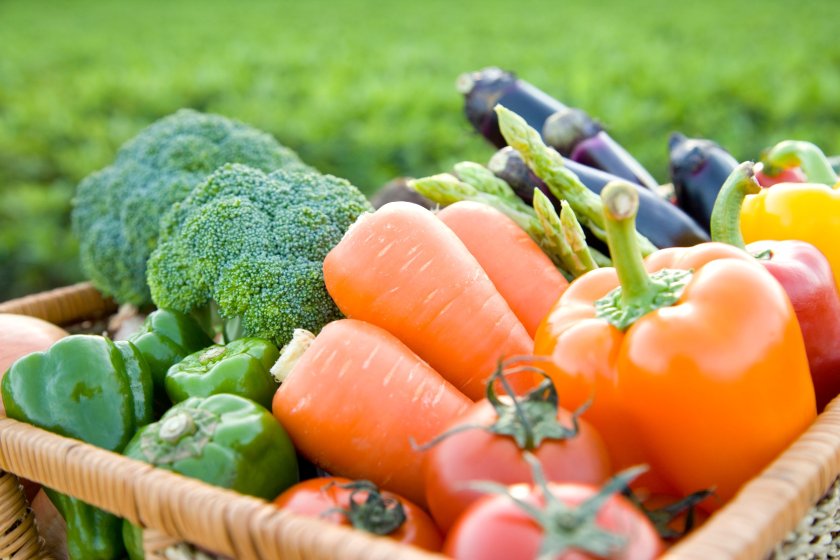
Growers in Scotland have been given £6m in support over the next two years to help improve the quality, market value and sustainability of their produce.
The Scottish government has allocated the funds as part of its extended Fruit and Vegetable Aid scheme, designed to help increase their competitiveness in the supply chain.
Co-operatives Scottish Borders Produce, East of Scotland Growers and Angus Growers will all receive a share of the funding.
The scheme was set up to enable producers to work together, use investment and facilities to upscale and gain access to the most profitable markets.
The Scottish government said the scheme was launched to benefit smaller growers in particular.
Rural Affairs Secretary Mairi Gougeon said: “Supporting our local fruit and vegetable growers is crucial – for so many reasons.
“I know that the sector continues to deal with a range of significant challenges and is one of those most acutely affected by Brexit which has caused unnecessary and unhelpful seasonal labour shortages.
"Most recently, water scarcity has created problems too in some areas, while every part of farming is still having to meet increased costs for supply inputs and energy.
“Continuing this support has arguably never been more important."
Scottish Borders Produce Secretary, Brian Aitchison welcomed the funding, as it would provide "extra stability in a difficult growing environment".
"As a farmer’s co-operative we continuously work towards spreading crop yield variances and financial risks," he said.
"We continue to attract new members who appreciate the co-operative business model, and this funding helps sustain that co-operation.
"It is wonderful and re-assuring to see this funding continue for the next two years and hopefully well beyond that."
